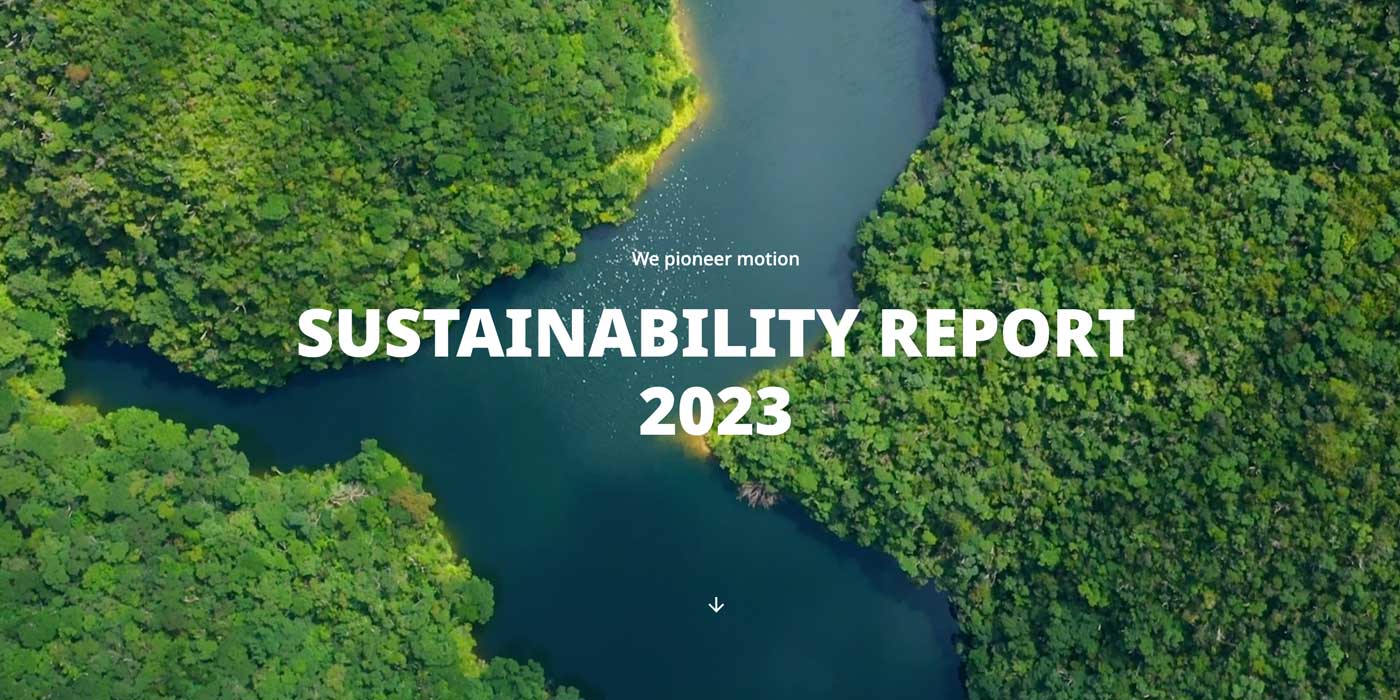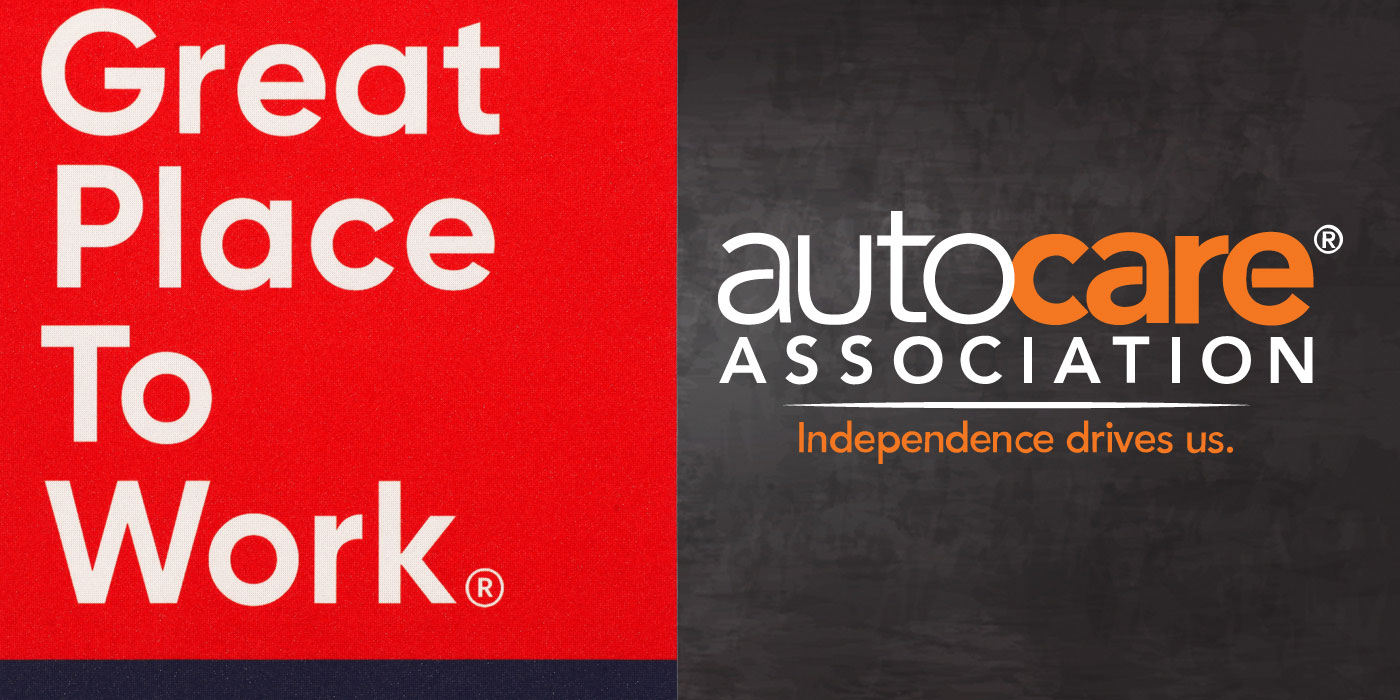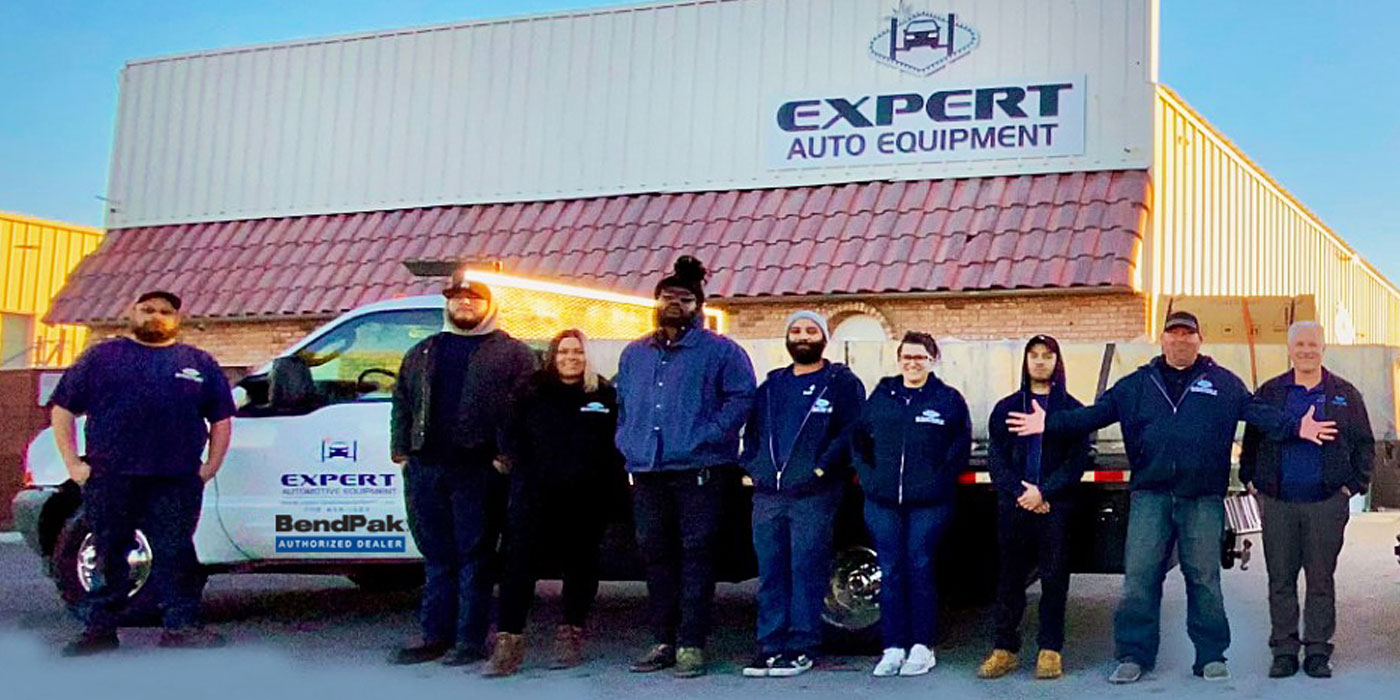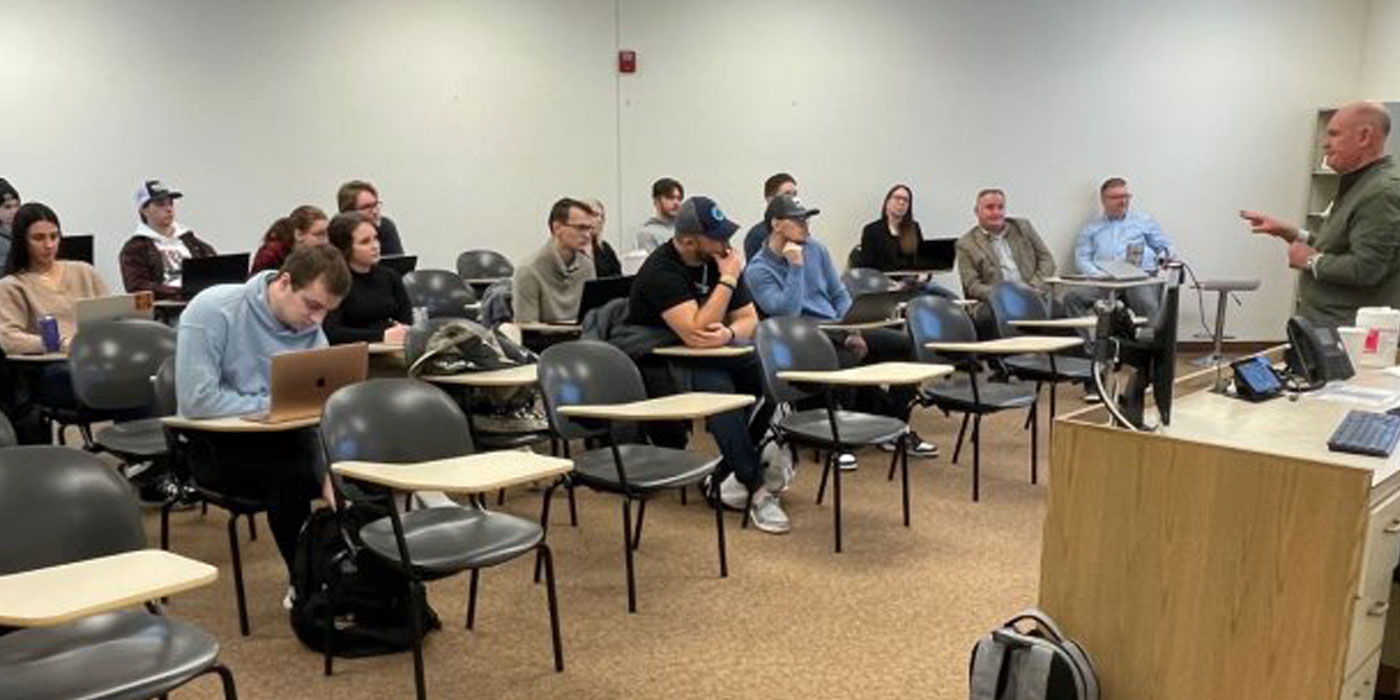The basic law of supply and demand states that as prices fall, consumers tend to purchase more, and producers tend to provide less. Conversely, as prices rise, consumers tend to buy less, and producers tend to provide more. Supply and demand ebbs and flows, finding its own level of balance among supply, demand and price.
The price of gasoline is a perfect study of supply and demand. The news may report that the oil-producing nations are going to supply less oil in the upcoming months. The oil-producing nations control plenty of oil, but theyre going to limit the amount supplied to the market. These producing nations will knowingly supply less oil than consumers are willing to buy. What happens? Since demand exceeds supply, oil goes to the highest bidder, and the price goes up.
As the price goes up, certain people leave the market. Perhaps they go on a shorter vacation or combine trips to the mall and grocery store. Maybe they ride their bicycles to their friends houses instead of driving their cars, or they trade in their 19 mpg Jeeps for 44 mpg TDI Jettas. In any case, consumers adjust to the laws of supply and demand, and the process continues.
An auto parts store has less flexibility in its response to increasing oil prices. Choosing not to deliver parts to our customers is really not an option. There is however an opportunity to improve productivity. If you drove 500 miles a day at 22 mpg, and gas cost $1.75 per gallon, your daily store gasoline expense would be roughly $40. If the price of gasoline increased to $2 per gallon, and mpg and miles driven remained the same, your gasoline expense would increase to $45 per day. Over a 350-work-day year, that would be nearly a $2,000 increase in gasoline/delivery expense. Hold that thought.
Kiyosaki observed that consumers response to the stock market tends to be counterintuitive to the laws of supply and demand. When we read that the stock market is falling, prices are going down, a normal response is to sell or get out of the market instead of buy because the price is falling. Conversely, as the stock market rises, consumers buy into the market instead of sell. It may take a reread of this paragraph, but think about it; perhaps thats where we got the theory that profit is generated when product is bought and not sold.
What would you do to return $2,000 to your business? Maybe we could be more productive or efficient in our delivery expenses? What if we started benchmarking our delivery operation and then tried to specifically improve performance? Benchmark metrics may include number of invoices, number of delivery trips, number of delivery stops and gallons of gasoline purchased.
If the price of gasoline increased from $1.75 to $2, that would be a 14 percent increase in gasoline cost. To maintain the same gasoline dollar expense, we would have to decrease the miles driven 14 percent. Cant be done? Would it be worth it to improve half that much and save half the potential increase in gasoline expense ($1,000)?
Given a constant number of invoices and rising gasoline prices, can we better manage the number of trips and number of stops our delivery service incurs without significantly impacting customer service? Can we do it while improving customer service?
Think about the wasted efforts of delivering an invoice. Think about the job that required three trips. Have you ever delivered a job one piece at a time? Could we ask more questions on the counter and improve our related item sales? Could we simply do a better job of consolidating trips and stops? Or could we combine these efforts with our delivery function? Theres money in the answer.
Of course to see actual improvement, we would have to measure and commit to improvement (goal setting).
Finally, many of the markets Ive called on recently have been inherently slow. Downsizing, outsourcing, layoffs and closures have taken their toll. But the $64 billion of unperformed vehicle maintenance remains an opportunity.
One response to a slow market has been the Emmits Fix It Shop theory of business marketing. When things are slow, pull up a chair, gather some friends and lament on the slow market. Thats counterintuitive.
I drove by a shop yesterday that had two technicians standing on the sidewalk with professionally made signs that simply said Oil Change Special $19.95. As I did my double-take, I noticed that the bays were full. Thats intuitive. And Ill bet they get their fair share of the $64 billion vehicle maintenance opportunity too.










